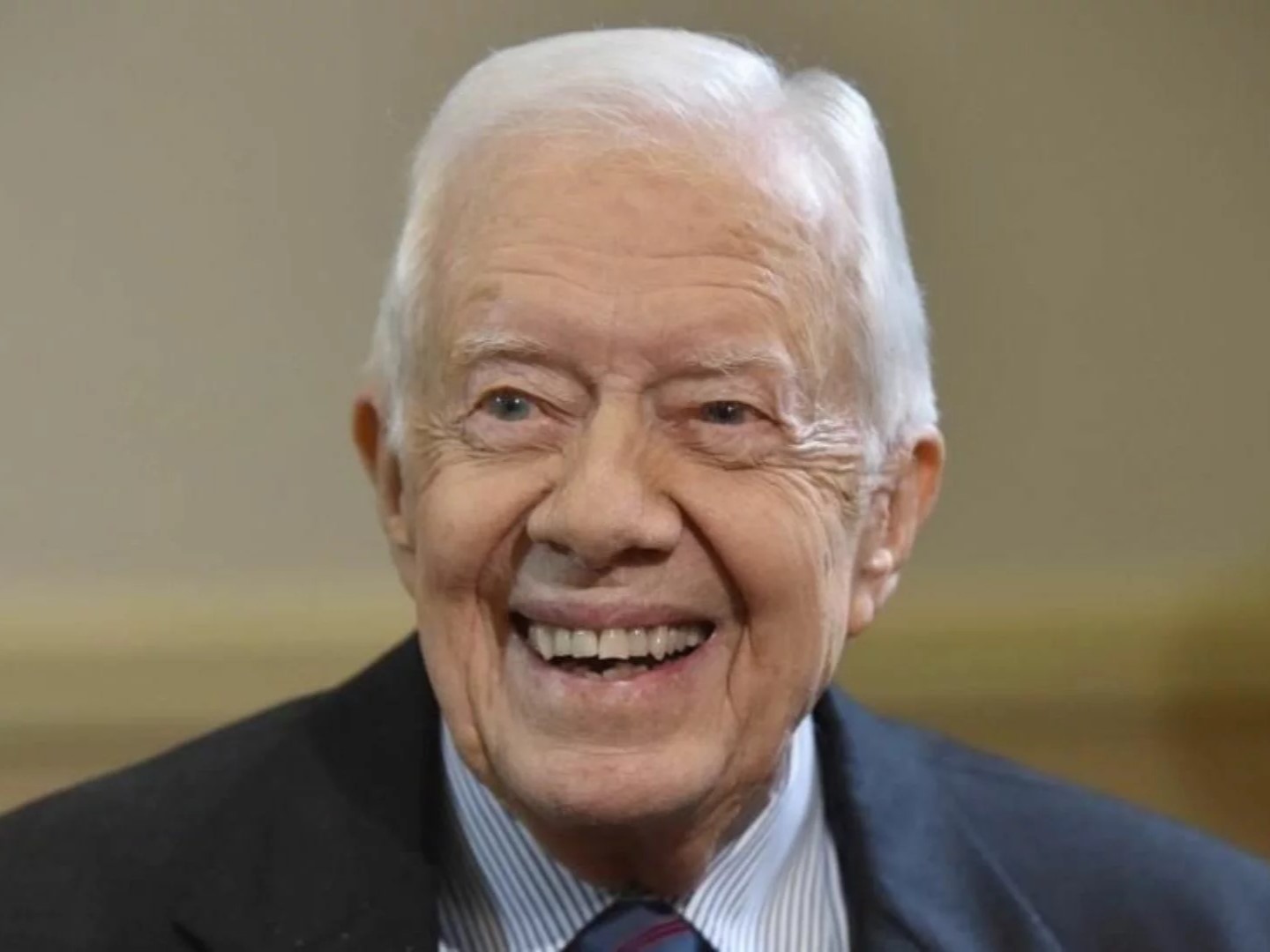

The 39th President of the United States (1977–1981), Jimmy Carter, has died at the age of 100. Jimmy Carter Carter maintained a notable connection with Italy and the Italian American community. This relationship was built on mutual respect, cultural appreciation, and shared values.
Jimmy Carter's presidency coincided with a transformative period in U.S.-Italy relations. During the Cold War, Italy played a crucial role as a NATO ally and as a key player in the Mediterranean. Carter’s administration valued Italy's strategic position. Carter and his foreign policy team worked to ensure that Italy remained firmly aligned with Western democracies.
One of the most significant moments in Carter's relationship with Italy came in 1978, during the tragic kidnapping and assassination of Italian Prime Minister Aldo Moro by the Red Brigades. The Carter administration offered intelligence and logistical support to the Italian government, highlighting the U.S.'s commitment to combating terrorism and preserving Italy's democratic institutions. Although Moro's death was a devastating blow to Italy, Carter's solidarity reinforced the strong ties between the two nations.
Carter also recognized Italy's cultural and historical importance. He spoke highly of the nation's contributions to art, science, and philosophy, emphasizing shared democratic ideals. These sentiments were evident during state visits and meetings with Italian leaders, including President Sandro Pertini and Prime Ministers Giulio Andreotti and Francesco Cossiga. Carter’s admiration for Italy extended beyond politics, reflecting his genuine appreciation for the country's rich heritage.
Jimmy Carter and Italian Americans
The Italian American community also had a notable relationship with Carter. By the time of his presidency, Italian Americans had become an integral part of American society, contributing significantly to politics, business, culture, and the arts. Carter recognized this community's importance and sought to engage with it during his time in office.
Carter's outreach to Italian Americans was marked by his support for ethnic diversity and his recognition of their contributions to the nation. He often spoke about the values that Italian Americans brought to the U.S., such as a strong work ethic, family loyalty, and a commitment to community. These values resonated deeply with Carter's own upbringing in rural Georgia, where he learned the importance of family and community bonds.
Italian Americans responded positively to Carter's inclusive approach. Prominent members of the community, such as politicians, business leaders, and cultural figures, supported his presidency. In turn, Carter appointed Italian Americans to key positions in his administration, demonstrating his commitment to diversity and representation.
One such figure was Joseph A. Califano Jr., Secretary of Health, Education, and Welfare, who played a significant role in advancing Carter’s domestic policies. Carter also worked closely with Congress members of Italian descent, fostering bipartisan collaboration on issues important to the community.
Carter's relationship with both Italy and Italian-Americans extended to cultural diplomacy. He recognized the role of culture in strengthening international ties and fostering mutual understanding. During his presidency, initiatives were undertaken to promote Italian art, music, and heritage in the U.S., further solidifying cultural connections.
In 1979, the White House hosted events celebrating Italian American culture, highlighting the contributions of the community to American society. These events were not only a testament to Carter’s respect for Italian-Americans but also an acknowledgment of the broader immigrant experience in shaping the United States.
Carter’s post-presidency activities further reflected his enduring appreciation for Italy and Italian Americans. Through his humanitarian work with the Carter Center, he continued to engage with diverse communities worldwide, including Italian-Americans who supported his mission of promoting peace, democracy, and health.
Jimmy Carter's relationship with Italy and Italian Americans was rooted in mutual respect and shared values. As a president committed to diplomacy and inclusion, he worked to strengthen U.S.-Italy relations during a critical period in history. Simultaneously, his outreach to the Italian American community reflected his belief in the power of cultural diversity and unity.





